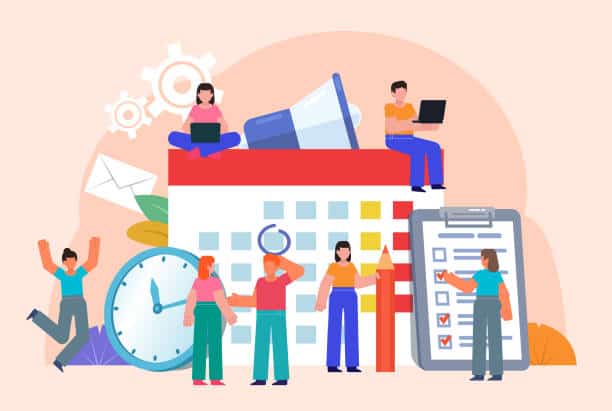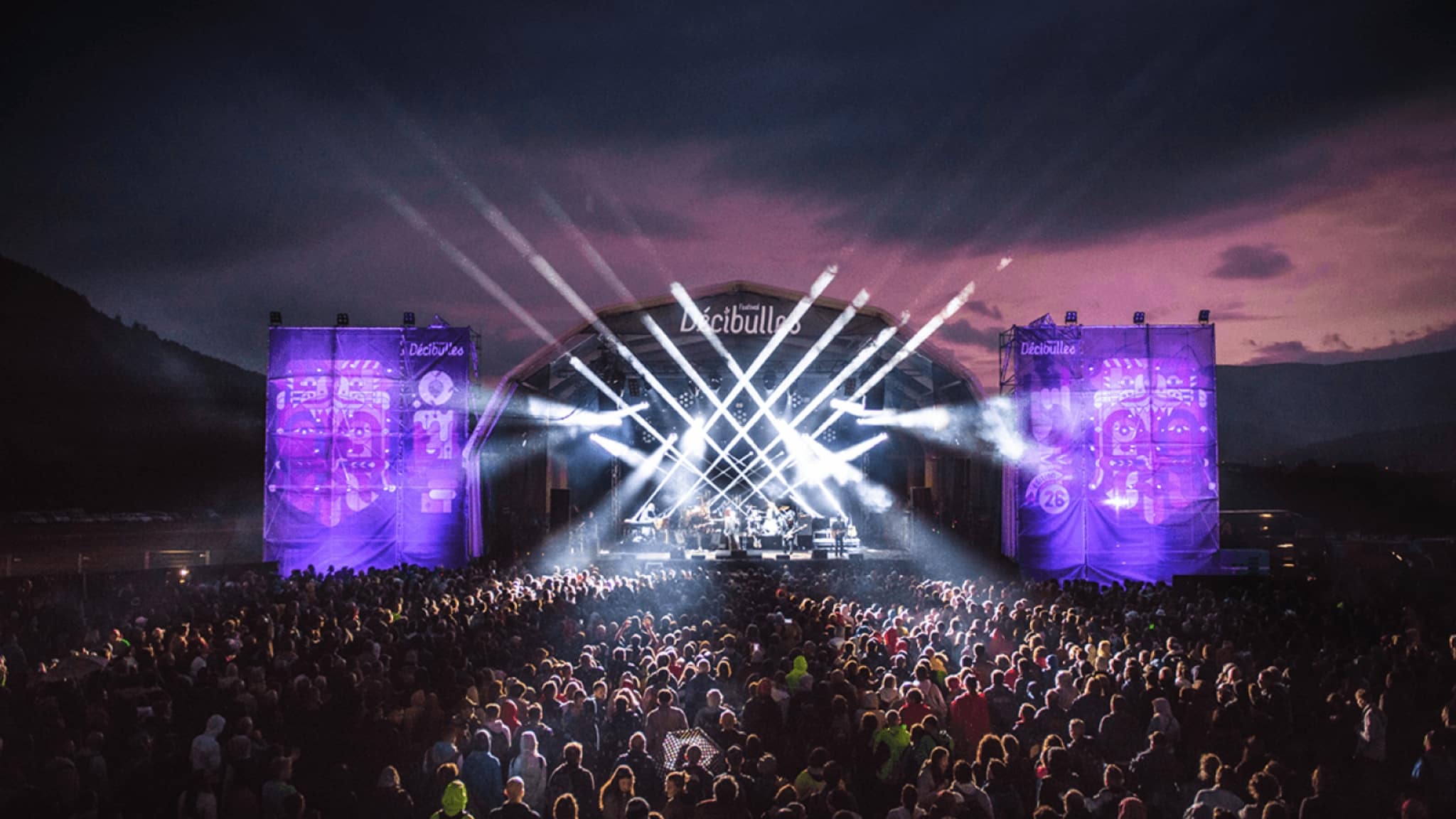Planning and hosting a music event is by no means an easy task to accomplish. With the proper preparation, pulling off a successful event with a positive audience response is not as complicated as you may think. Brainstorming ideas, planning the details of your event, and being organized are key practices in ensuring that your event planning runs smoothly from inception to after the event. Remember, no detail is too small or unimportant–if it’s something that concerns the logistical details of the event, it’s always a good idea to keep a record of it for future reference.
One of the simplest ways to get organized is by creating a music event checklist. A music event checklist is a great way to ensure that you and your team are covering all aspects related to the event, keeping on task, and establishing the traction you need to maintain forward progress.
When you get started on a music event checklist, you’ll find that you will be more prepared and organized than ever, making event planning a breeze. If you don’t know where to begin, here are eight simple starting points to put on your music event checklist to get your planning going.
1. Hash out the essential details of your music event
One of the first things that should be on your event checklist is the essential details of your event. The essentials are important details such as location, venue, artists, event dates, etc. You want to get these specific aspects of your event figured out as early as possible because they’re the most obvious bits of information pertaining to your event. Additionally, figuring out what artists are performing where and when makes the later planning stages easier to tackle by making specific adjustments to each unique event. Having these details developed in the early stages will allow you to begin planning for what your music event will specifically require to give your prospective attendees a better and unique experience.
2. Establish an event budget
A budget is one of the most important things that ensure the success of not only the event planning but also the event itself. You want to make sure you talk to the necessary people and organizations well in advance in order to get started on the event planning. Establishing and knowing your budget allows you to see what is feasible and necessary to pull off a successful event. There’s clarity and wiggle room to work when needed. Knowing the event budget well in advance is key to moving forward with your event planning and making event-related decisions well within your budget.
3. Develop an event planning timeline
Establishing a timeframe ensures your event planning runs as smoothly as possible. You’re also able to set up phases of your planning and marketing strategy according to the time allotted. For example, knowing that you have nine months to plan for an event grants you a specific perspective of your event planning stages. If your event is in nine months, you can begin launching your marketing strategy 4-6 months ahead of your event and move forward accordingly. You are able to create stages of your plan that are timely and when working within an allotted amount of time, it’s easier to know when specific dates and stages should be launched such as ticket dates like early bird sales. Establishing an event timeframe provides an efficient timeline of when and what you should get done for your event.

4. Create a detailed event marketing plan and execute it
An event marketing plan is the backbone of your event. You want to make sure you create an event marketing plan that is detailed and meticulous with all the information related to your music event. This is so important because an event marketing plan is what brings in the desired attention and excitement around your music event. A detailed event marketing plan meticulously outlines every step that you will take in planning and promoting your event. From a detailed plan of “day of the event” to-do lists to an intricate game plan for your promotion strategy, your event marketing plan will be the main reason for the success of your music event. A good and strong event marketing plan is a clear outline of what you have to get done in order to garner the attention you want for your event. A good marketing plan can even increase event revenue.
5. Get your music event website ready and running
Your music event website is where prospective attendees will look for information related to the event so you want to make sure your website is in tip-top shape and running. Some things to keep in mind when creating your event site are the functionality of the site itself, visuals, any information you want on the site that is most pertinent to your event, and how you will present your event page during promotion. A music event site is also another tool for marketing and branding that when well used, will nurture a good experience with prospective attendees and bump up ticket sales. A strong music event website will garner a good experience with prospective ticket buyers and attendees so strive to build a website that is easy to maneuver and to find important details relating to your music event.
Learn how to effectively promote your event ticket page here.
6. Set up communication and coordination with important personnel
Well before your event date, you want to ensure that you set up communication and coordination with any person or organization that is remotely related to the event. The artists, agents, sponsors, venue organizers, etc. are all important people to get in touch with and communicate with regularly. Doing so will minimize any confusion that may arise during any stage of the event planning process and will also establish strong relationships moving forward. Don’t underplay what information should be circulated–be in the mindset that every piece of information is important and should be shared.
7. Prepare for your event’s ticket sales date
Having a date for the launch of your event’s ticket sales and preparing for it is a good thing to have on your event checklist. It’s a milestone in your event planning process and will gather momentum moving forward–its the culmination of weeks and months of marketing and planning. Most importantly, there’s the possibility of technical difficulties during the first few days of ticket sales. When you prepare for the day, ensure that you’re ready for any technical difficulties by having IT experts or your personal website programmer ready to fix any issues promptly.

With a ticketing platform like Ticket Fairy, you can do many fan-oriented activities before the event, including pre-registration to gauge your expected audience, and using the PREWARDS program to identify super fans and reward them. All you have to do is reach out to the team and set up your event.
8. Gear up for the event day
The event day has finally arrived so you want to ensure that you’re prepared for any issues that may arise. Having a “day of event checklist” is also a good idea because it’s bound to be chaotic and lively. On the day of your music event, make sure your venue is ready, security is in order, workers are ready for the attendees, and your artist and their equipment have everything ready to go. Additionally, plan for surprises that may occur leading up to the day of the music event; you don’t want to be caught off guard and even then, just being prepared and aware of the idea of unsuspecting occurrences will leave you in a better place.
Organizing a music event or festival requires meticulous planning. You want to be sure you’re checking off all the things that you need to do in order to satisfy event attendees, the artists, and yourselves. Having an event checklist makes event planning easier and with these eight easy checkpoints to go off on, you’re on your way to pulling off successful music events left and right.



